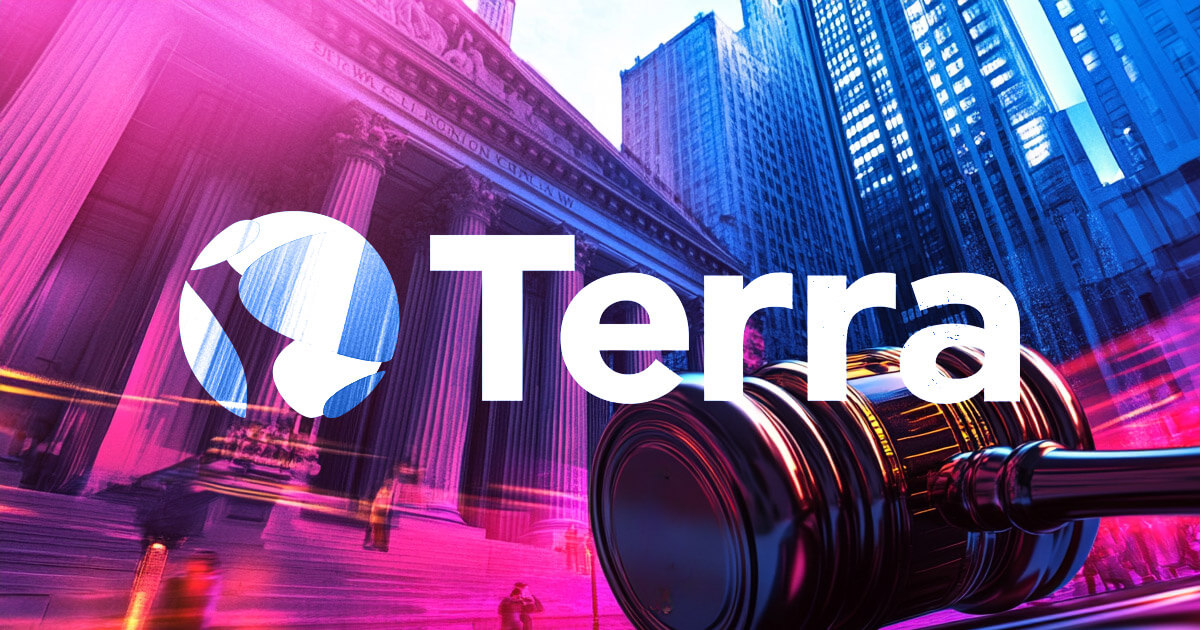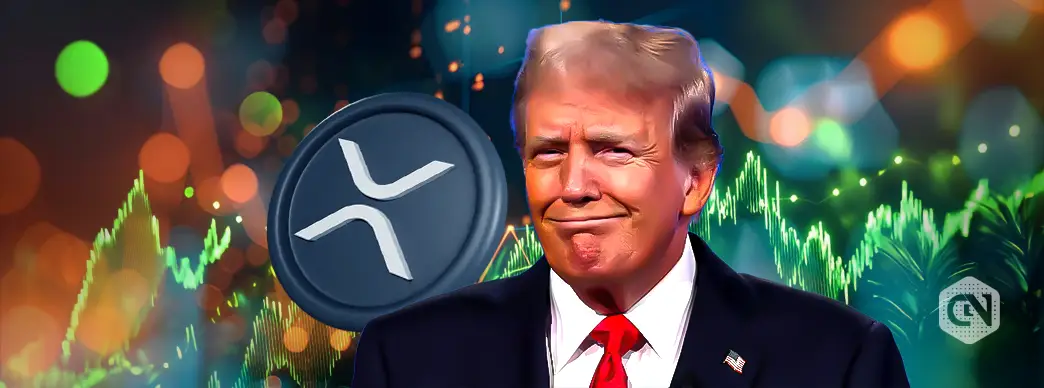The US District for the Southern District of New York threw a proverbial bone to Ripple Labs and owners of its native XRP tokens when it finally weighed in on SEC v. Ripple. In her decision, SDNY Judge Analisa Torres held, in part, that Ripple Labs wasn’t selling its native token to retail consumers as unregistered securities.
The crypto industry quickly embraced the news, with XRP surging from around $0.47 per coin to more than $0.80 within hours of the ruling. However, crypto founders and investors should refrain from popping champagne and daydreaming about their project valuations increasing exponentially.
Torres’ decision isn’t the knock-out blow against the SEC that many in the crypto industry have touted. Yes, Ripple Labs pulled out a key victory that will allow its XRP token to be traded more freely on US crypto exchanges for now. However, Torres still found Ripple Labs liable for securities fraud in its sales of XRP to institutional investors.
Torres navigated Howey-land to assess whether Ripple Labs sold unregistered securities following two different ways Ripple Labs sold XRP tokens. First, Ripple sold XRP purchase contracts to institutional investors. Second, Ripple offered tokens to the general public through a blind bid/ask process on digital exchanges.
In coming to opposite conclusions on whether the tokens constituted “securities” in connection with such sales, Torres focused on the Howey test’s third prong, which hinged on whether institutional investors, in one set of sales, and Main Street investors, in a different set of sales, would’ve had a reasonable expectation of profits to be derived from the entrepreneurial or managing efforts of Ripple Labs.
For institutional investors, the judge found that Ripple Labs connected its success to the price and performance of XRP tokens, including through marketing brochures and founder and executive media interviews. Further, the purchase agreements investors signed resembled investment contracts, including language around lockup provisions, trading-volume-based resale restrictions, and indemnification clauses.
In the judge’s words, Ripple Labs’ efforts and sales contracts would have communicated “a speculative value proposition for XRP” to a sophisticated institutional investor in which the value of XRP would be tied to efforts by Ripple Labs. Tokens sold in this manner were “securities.”
By contrast, members of the public who purchased XRP through the bid/ask process on crypto exchanges did so without knowing who the seller was. While some of them may have bought from Ripple directly, they didn’t know that at the time.
This underscored the larger point that Ripple didn’t circulate promotional materials to these investors or sell tokens pursuant to contracts that included “lockup provisions, resale restrictions, indemnification clauses, or statements of purpose.”
Torres therefore rejected the SEC’s argument that these purchasers understood Ripple’s role in maintaining or increasing the value of XRP as the institutional investors did. Tokens sold under such circumstances weren’t “securities.”
This distinction highlights the context-dependent nature of what constitutes a security and builds upon earlier analysis by the SEC. In 2018, a project at the SEC issued the Framework for ‘Investment Contract’ Analysis of Digital Assets.
The framework notes first that “a digital asset previously sold as a security [could] be reevaluated at the time of later offers or sales, [based on] additional considerations as they relate to the ‘reasonable expectation of profits.’” Like Torres, the framework looked toward whether purchasers at the time of such offers and sales were relying on efforts of promoters and issuers in buying tokens or were instead relying on a value to the tokens separate from those efforts.
What does all of this mean for crypto projects and investors? Torres has opened a path for holders of existing tokens to trade them without running afoul of the securities laws. This is obviously important to token exchanges such as Coinbase, which is facing its own enforcement actions from the SEC and, tellingly, relisted XRP after the Ripple ruling.
But this decision may be subject to further review. With similar SEC actions against Coinbase and other crypto players at stake, the SEC likely will appeal to the Second Circuit to preserve its efforts to regulate the crypto industry. The agency hinted as much when it asked a federal judge in its ongoing case against Terra to ignore certain portions of Torres’ ruling.
While enthusiasm should be tempered at this point, participants in the crypto industry should take heart in Torres’ common-sense decision that may lay the groundwork for reasonable regulation in the offer and sale of digital assets.
The case is SEC v. Ripple Labs Inc., S.D.N.Y., 20-cv-10832, 7/13/23.
This article does not necessarily reflect the opinion of Bloomberg Industry Group, Inc., the publisher of Bloomberg Law and Bloomberg Tax, or its owners.
Author Information
Andrew St. Laurent is a founding partner of Harris St. Laurent & Wechsler. He was part of the legal team defending former Coinbase product manager Ishan Wahi in SEC v. Wahi.
Write for Us: Author Guidelines
Credit: Source link














































